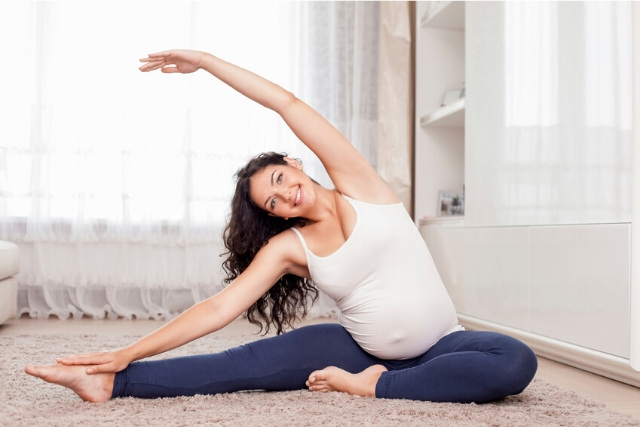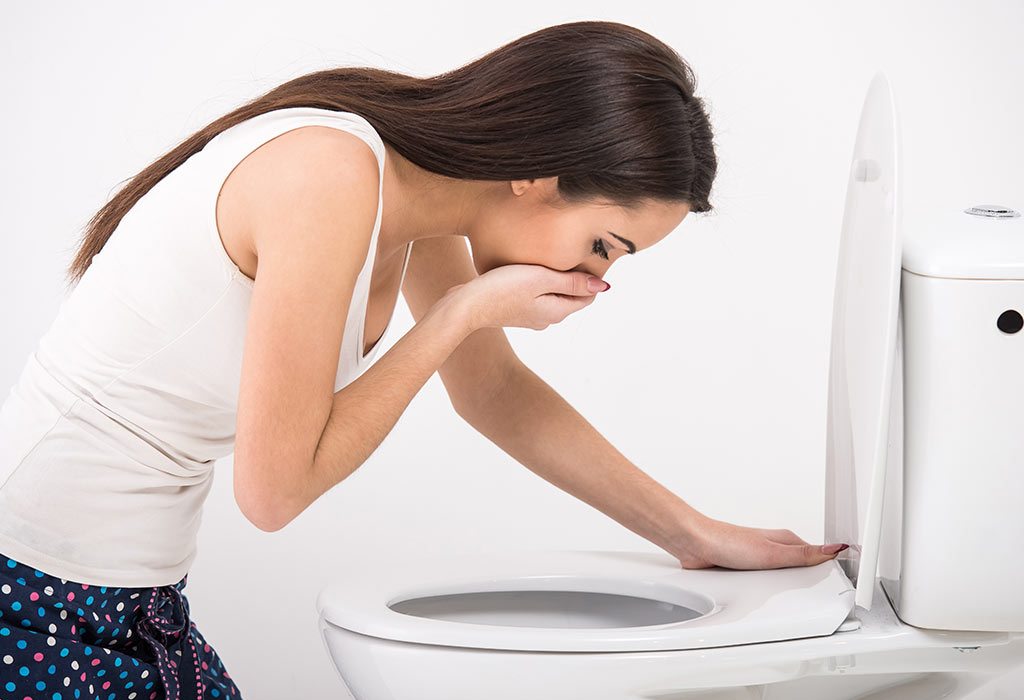Taking prenatal vitamins, exercising regularly, educating yourself, practicing Kegels, eliminating toxins, changing up chores, checking your medications, eating folate-rich foods, tracking your weight gain and drinking more water are some of the healthy pregnancy habits.
Pregnancy can be a hectic and stressful journey and more often than not, you will be bombarded with advice from every random person you come across. This can seem confusing and irritating too. We understand that which is why we have made things easy for you by writing about 11 healthy habits to start during pregnancy and continue after childbirth here. Read on to receive advice that is actually useful.
11 Healthy Pregnancy Habits to Start During Pregnancy and Continue Once Baby Arrives
Take a Prenatal Vitamin
Even when you’re still trying to conceive, it’s smart to start taking prenatal vitamins. Your baby’s neural cord, which becomes the brain and spinal cord, develops within the first month of pregnancy, so it’s important you get essential nutrients – like folic acid, calcium, and iron – from the very start. Prenatal vitamins are available over the counter at most drug stores, or you can get them by prescription from your doctor. If taking them makes you feel queasy, try taking them at night or with a light snack. Chewing gum or sucking on hard candy afterward can help, too.
Exercise
Staying active can help you reduce stress, control your weight, improve circulation, boost your mood, and sleep better. Take a pregnancy exercise class or walk at least 15-20 minutes every day at a moderate pace, in cool, shaded areas or indoors in order to prevent overheating. Pilates, yoga, swimming, and walking are also great activities for most pregnant women, but be sure to check with your doctor first before starting any exercise program. Aim for 30 minutes of exercise on most days of the week. Listen to your body, though, and don’t overdo it.
Educate Yourself
Even if this isn’t your first pregnancy, attending a childbirth class will help you feel more prepared for delivery. Not only will you have the chance to learn more about childbirth and taking care of infants, but you can ask specific questions and voice any concerns if there are any. You’ll also become more acquainted with the facility and its staff. This is also a good time to brush up on your family’s medical history. Always talk to your doctor about problems with past pregnancies, and report any family incidences of birth defects.
Practice Kegels
Doing kegel exercises daily strengthens the pelvic floor muscles, which support your bladder, bowels, and uterus. If done correctly, this simple exercise can help make your delivery easier. The best part is that no one can tell you’re doing them, so you can practice kegels in the car, while you’re sitting at your desk, or even standing in line at the grocery store.
Eliminate Toxins
Avoid tobacco, alcohol, illicit drugs, and even solvents such as paint thinners and nail polish remover while pregnant. Smoking cigarettes decreases oxygen flow to your baby and it is also linked to preterm birth and other complications.
Change Up Chores
Even everyday tasks like scrubbing the bathroom or cleaning up after pets can become risky when you’re pregnant. Exposure to toxic chemicals, lifting heavy objects, or coming in contact with bacteria can harm you and your baby. Therefore, let go of heavy and dangerous work during pregnancy and continue that after childbirth.
Check Your Medications
Check with your doctor before taking any medications. Even non-steroidal anti-inflammatory drugs (nsaids) such as ibuprofen should be avoided, as they increase the risk of miscarriage and damage to fetal blood vessels.
Track Your Weight Gain
We know—you’re eating for two. But packing on too many extra pounds may make them hard to lose later. At the same time, not gaining enough weight can put the baby at risk for a low-weight birth, a major cause of developmental problems. Therefore, it is important to keep a check on your weight.
Go Shoe Shopping
As your bump grows, your feet may feel like they have grown. That is because your natural weight gain throws off your center of gravity, putting extra pressure on your feet. Gradually this added pressure can cause painful flattening out of the feet. You may retain fluids, too, which can make your feet and ankles swell. So it is important to wear comfortable shoes when you’re pregnant, as well as after that.
Drink More Water
During pregnancy, your blood is supplying oxygen and essential nutrients to your baby through the placenta and carrying waste and carbon dioxide away. This basically means that your blood volume increases up to double to handle all this extra activity. So, you need to drink more water to support that gain. Drinking water can also help prevent constipation, hemorrhoids, utis, fatigue, headaches, swelling, and other uncomfortable symptoms during pregnancy.
Eat Folate-Rich Foods
In addition to drinking adequate water every day, you should eat five or six well-balanced meals with plenty of folate-rich foods like cereals, lentils, wheat germ, and orange juice. Folic acid is crucial for the proper development of the baby’s neural tube (it covers the spinal cord), and it’s vital for the creation of new red blood cells.
Happy pregnancy!













